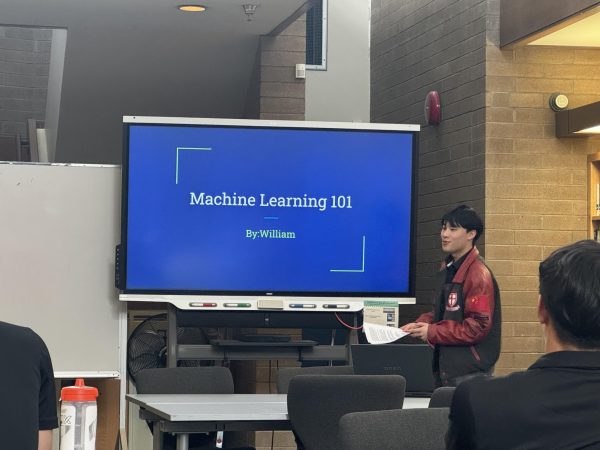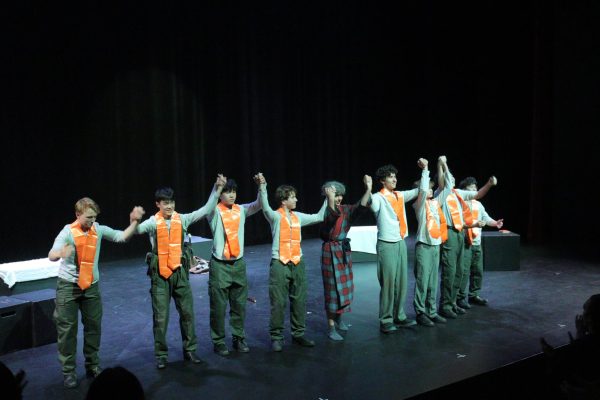MAD in the Battle for Korean Stability
Kim Jong-un is sending a message that could hardly be any clearer: he will not be stopped. Not by sanctions, not by alliance deterrence, nor the words of denunciation from just about anybody.
North Korea’s most recent rhetorics suggest it’s willing and capable of launching nuclear first-strikes on South Korea, Japan, and even the United States. According to The Hankyoreh, North Korea requested to former US President Barack Obama for establishing a “mutually-assured destruction [relationship]” (MAD) with Washington, shortly after Pyongyang’s nuclear test back in 2016. The plan included a series of diplomatic measures, with demilitarization as the main focus. Their request fell upon deaf ears then; the US government swiftly rejected the offer, saying that it cannot accept such a “dangerous deal.” In response, a spokesperson for DPRK (Democratic People’s Republic of Korea) warned of the “catastrophic consequences” for any US aggression or preemptive attack, affirming that the DPRK is “ready to react to any modes of war desired by the US.”
Now, a year after the fact, it seems that the US is left with little options but to accept the Kim regime as the world’s newest nuclear state. However, Donald Trump’s attitude towards the North Korean issue so far reflects all but a peaceful solution. In his September 19th vow to “completely destroy North Korea”, President Trump refused to show any falters in US hardline diplomacy against DRPK, a topic which has led to recent conflicts within the cabinet.
Yet the restraints that have prevented open conflict so far remain in place. “If Pyongyang attacks the US or its allies, the overwhelming response will mean the end of Kim’s regime”, says Charlie Campbell, Beijing Correspondent for Time Magazine. “If the US strikes North Korea first, Pyongyang possess enough conventional firepower to devastate nearby Seoul and Tokyo.”
Meanwhile, in the St. George’s community, one Grade 9 student who spoke on promised confidentiality commented he “couldn’t care less” about US-North Korea conflict. On the other hand, an anonymous contributor from Grade 10 supported former US President Obama’s “strategic patience” stance, otherwise leaving the two Koreas to themselves.
All of which explain the frustrations for Republicans on Hill: on one hand, they have to deal with a ruthless Kim Jong-un who now has nuclear arms; on the other, they hurry to brace themselves for what’s next in President Trump’s unpredictable agenda.

David Guo is a Grade 10 at St. George’s School. Guo joined the school in Grade 9, and has since developed an interest in the Liberal Arts. He is the...











